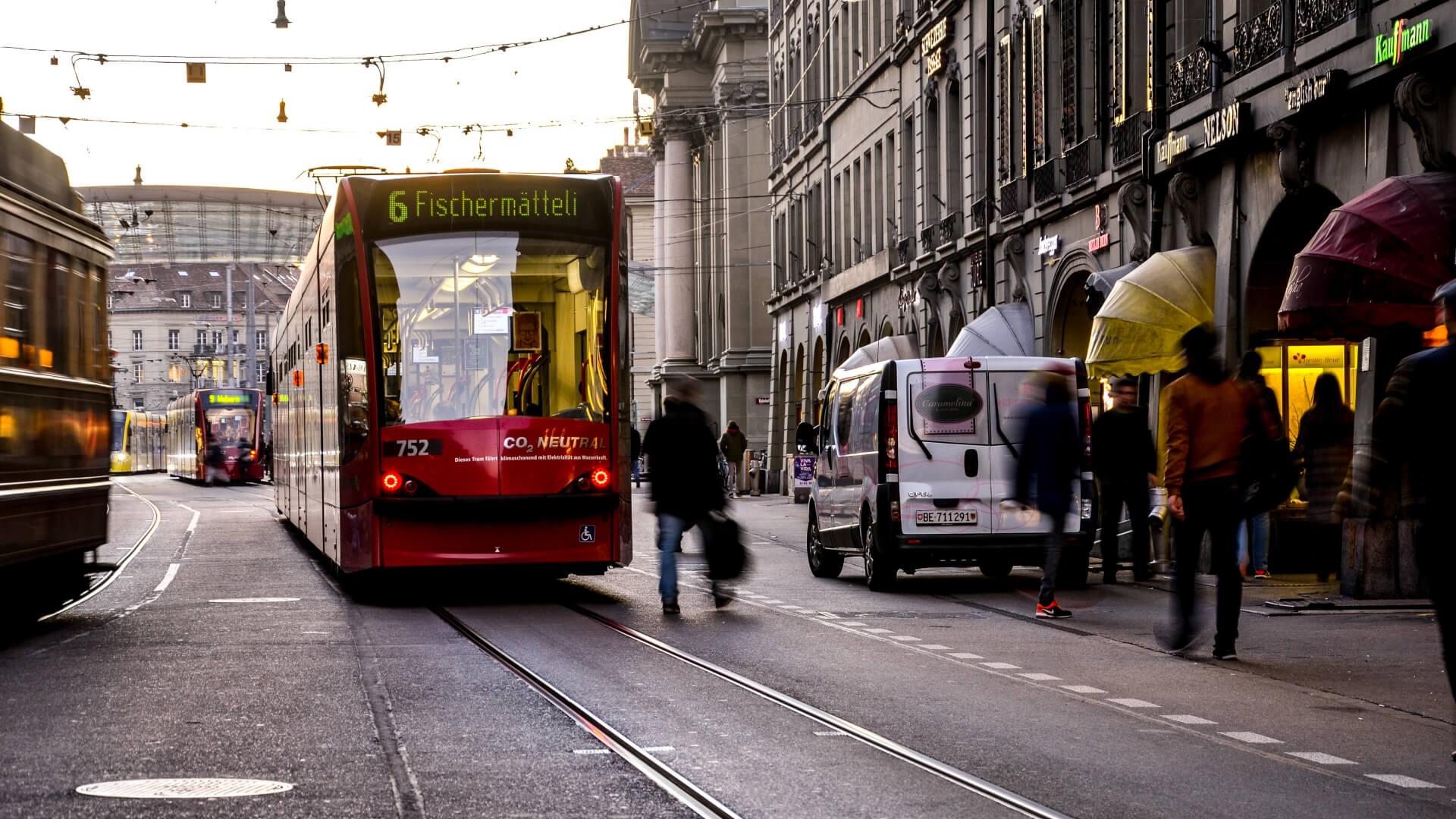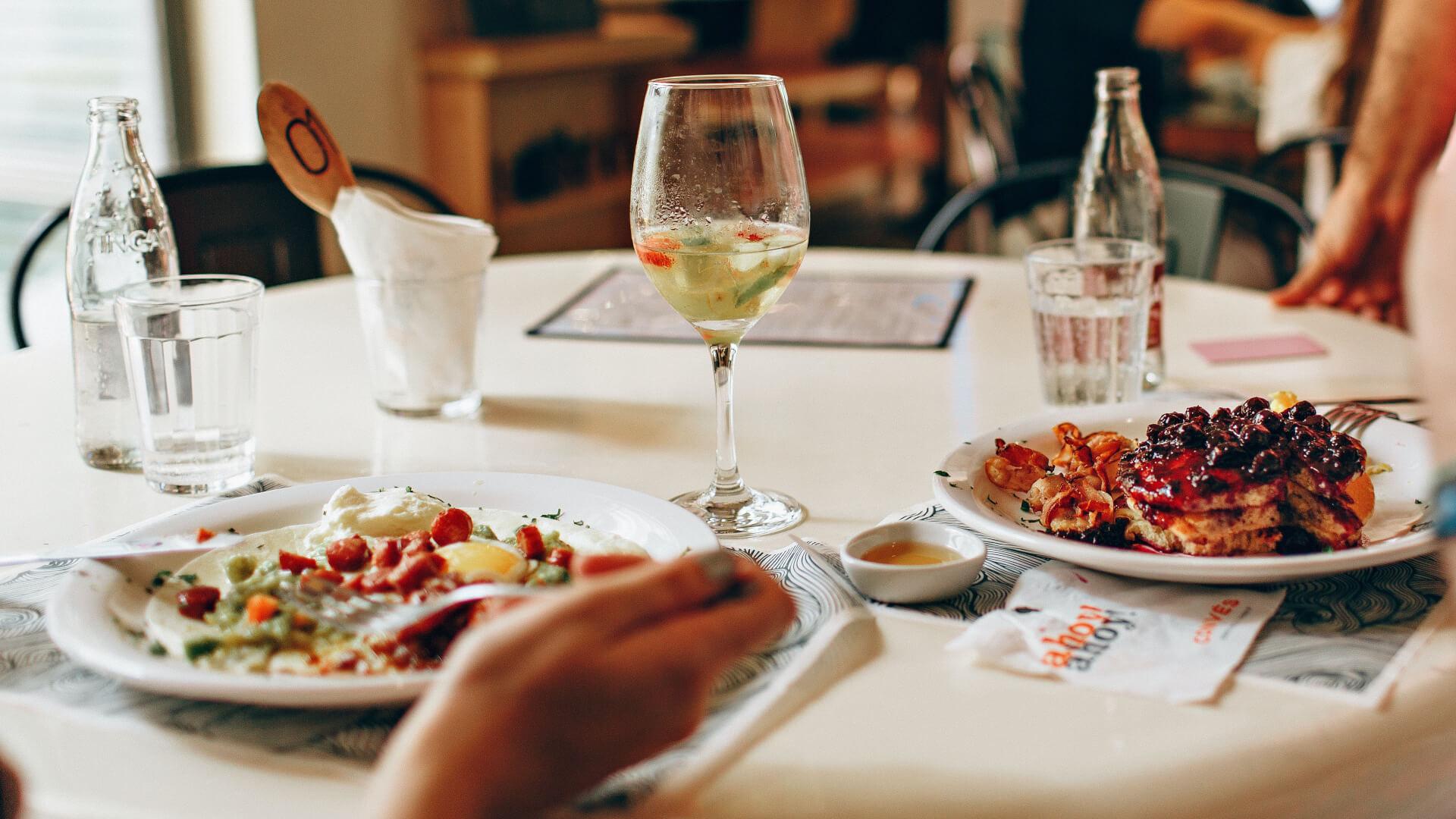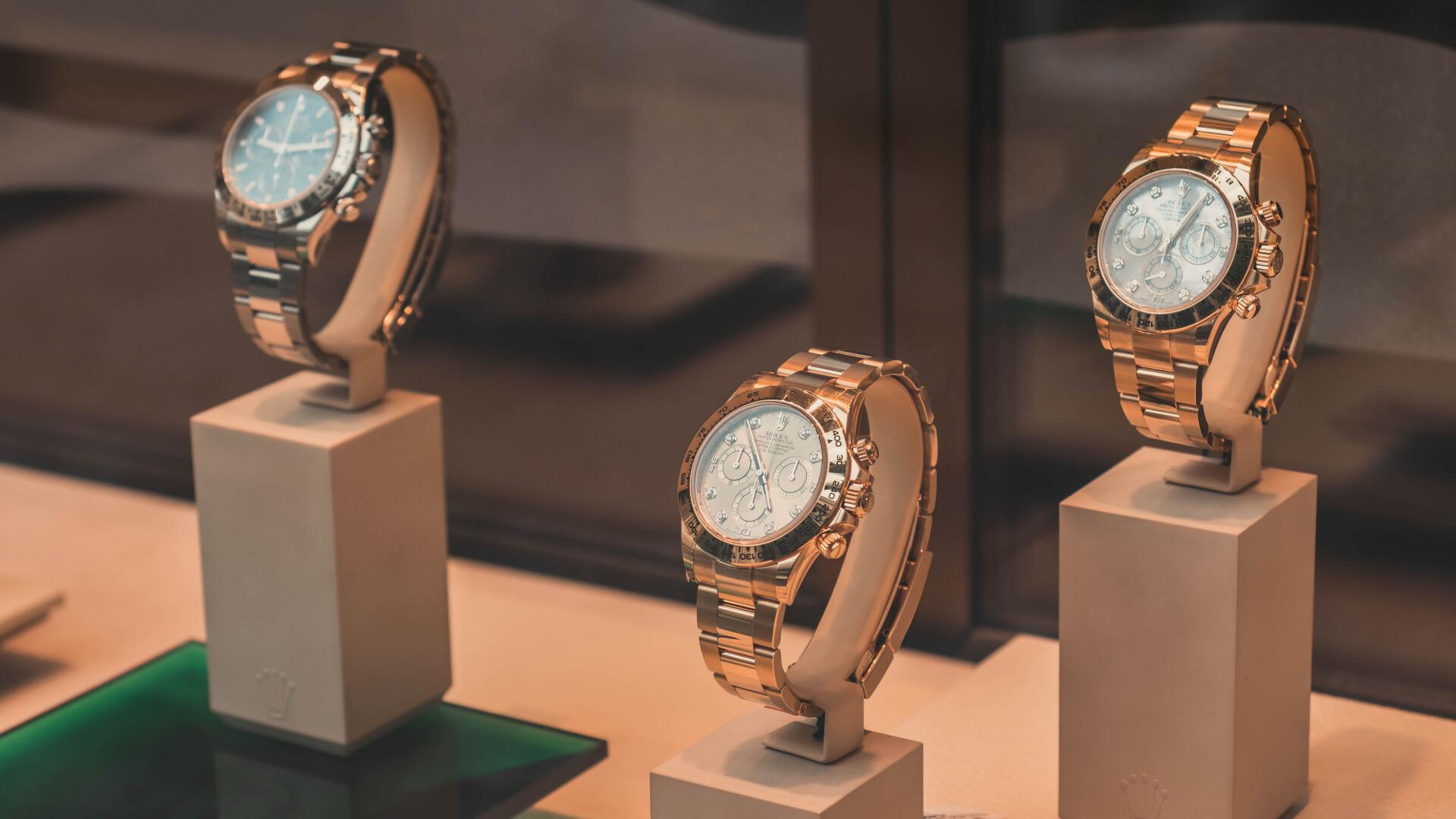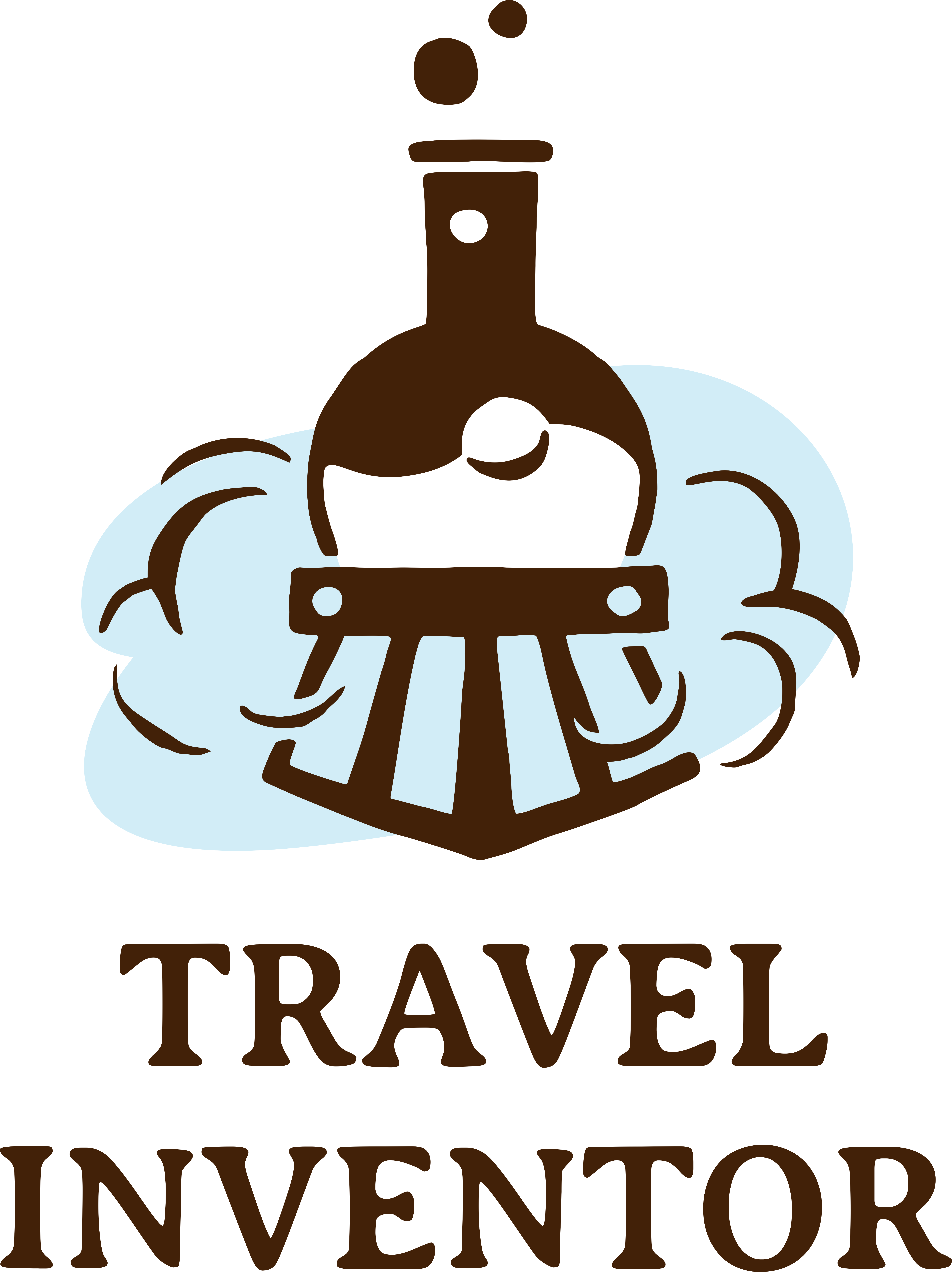If you are planning a trip to Switzerland, you’ve probably seen a fair share of questions regarding the prices in the country. The web is bursting with discussions about why Switzerland is so expensive, and there are plenty of forums offering tips on how one can reduce the overwhelming costs. So, let’s see if Switzerland vacations are truly unaffordable.
Prices in Switzerland
Unfortunately, expensiveness is a relative term. There is no way to precisely measure something on the scale of costliness, as we can easily do with weight, height, and other physical quantities. A night in a luxury spa hotel might be an unaffordable luxury for one person, and a spent not worth a second thought for another. So let’s try to stay grounded in the mids of relativity and speak actual numbers, using Euros instead of Swiss Francs for convenience.
Accommodations in Switzerland

As you can imagine, plenty of factors influence the cost of hotels in Switzerland, just as in any other country. The hotel’s rating, location, reputations, offered services, and many other elements decide the final price of a room. As if this is not indefinably enough, the costs always skyrocket during the peak of a tourist season!
But, as we are talking about numbers, let’s settle for a spherical cow. On average, the price for a double-occupancy room is about 230 EUR. Want to economize? Book in advance and consider remote accommodation, set a bit away from the center of the city. As a last resort, couch-surfing is also an option after all.
Public Transport in Switzerland

First of all, let’s determine what the concept of Switzerland public transport includes. There are trains, buses, trams, boats, and even funiculars and cable cars at your service. Ok, that settled, moving on.
There is close to no chance that you haven’t heard about the Swiss trains. The rumor has it that they are never late, offer unparallel comfort, and boast fast travel times. Well, the praises are well deserved, and intercity trains in Switzerland are terrific. But like all good things in life, this efficiency comes with a price. According to GoEuro’s study in 2016, the price of train travel in Switzerland is the highest in Europe.
A bit about prices
To ride 100 km on a high-speed Swiss train costs approximately 50 EUR. And if you want to enjoy a trip onboard the world-famous Glacier express, be prepared to pay about 145 EUR for a second-class ticket. A ride in a first-class car costs almost twice as much. So yes, when it comes to train tickets in Switzerland, prices are not exactly wallet-friendly, so you need to plan your connection very carefully to avoid avoidable expenses.
Ok, all clear with the long-distance trains, what about local transport? Different cities in Switzerland might have slightly different ticket systems, but travelers have several options to consider as a general rule. The first one is to purchase a ticket valid for a specific timeframe. For example, a ticket valid for an hour is about 4 EUR which is about two times higher than an analogous ticket in Germany or the UK.
Another option is to buy a day pass, valid for 24 hours that will cost about twice as much. Keep in mind that you don’t need to purchase a separate ticket for each type of transport. They are universal and work for all busses, trams, local trains, boats, and even some cable cars.
There are other versions of day passes available, but unless you plan to spend quite a significant time in Switzerland or plan to travel a lot, they might not be the best value for money.
Restaurants in Switzerland

Trying out the local cuisine is one of the most enjoyable experiences during any holiday, and, to be honest, quite a pricey pleasure when it comes to Switzerland. A good meal for two people in a nice mid-range restaurant will cost you about 60 EUR, while a price in a high-end restaurant can easily reach several hundred euros. And, of course, there is always McDonald’s. McMeal in Switzerland costs around 15 EUR, about 1.5 times more than the price of a similar combo in the UK.
The good news is that you don’t have to worry about tipping. The service fee is already included in the bill, but it’s customary to round up the sum to the nearest franc. If you are very happy with the service, feel free to round up to the nearest 5 francs.
Other Expenses

We won’t discuss the detailed grocery prices here, as cooking is not the most popular holiday activity. But it doesn’t mean that you won’t need to pop into the shop to get some necessities. For example, a 1.5-liter bottle of water will cost you about 1 EUR, a 0.5-liter Coca-Cola is 1.3 EUR, and you will have to pay about 15 EUR for a mid-range bottle of wine. The price of a package of Marlboro in a local shop is about 8 EUR, and a bar of the world-famous Swiss chocolate such as Toblerone will cost you 5 EUR and is a great souvenir to bring back home.
If you are on the market for something more impressive, renowned Swiss watches are an excellent, although quite a pricey choice. The cost of watches in Switzerland ranges from 50 to tens of thousands of euros, but an average price of a good-quality timepiece is somewhere in the range of 700-800 EUR, making it a rather expensive memento. But, to be fair, also much more hoped-for than a fridge magnet.
The conclusion is rather self-evident – Switzerland is an expensive destination. Think of Germany prices and aim about 1.5 times higher. On average, a tourist spends up to 350 EUR a day, which makes almost 2500 EUR for a week-long getaway. But it doesn’t mean that your vacation must cost you a fortune and your left kidney. The answer is simple – book in advance and find a good travel agent who knows all ins and outs. The experienced specialist will help you avoid the overpriced and overrated tourist traps and will get you the best value-for-money deal. And if a 7-day vacation is still on the side of too much, our 4-day Switzerland weekend tours are exactly what you need!





